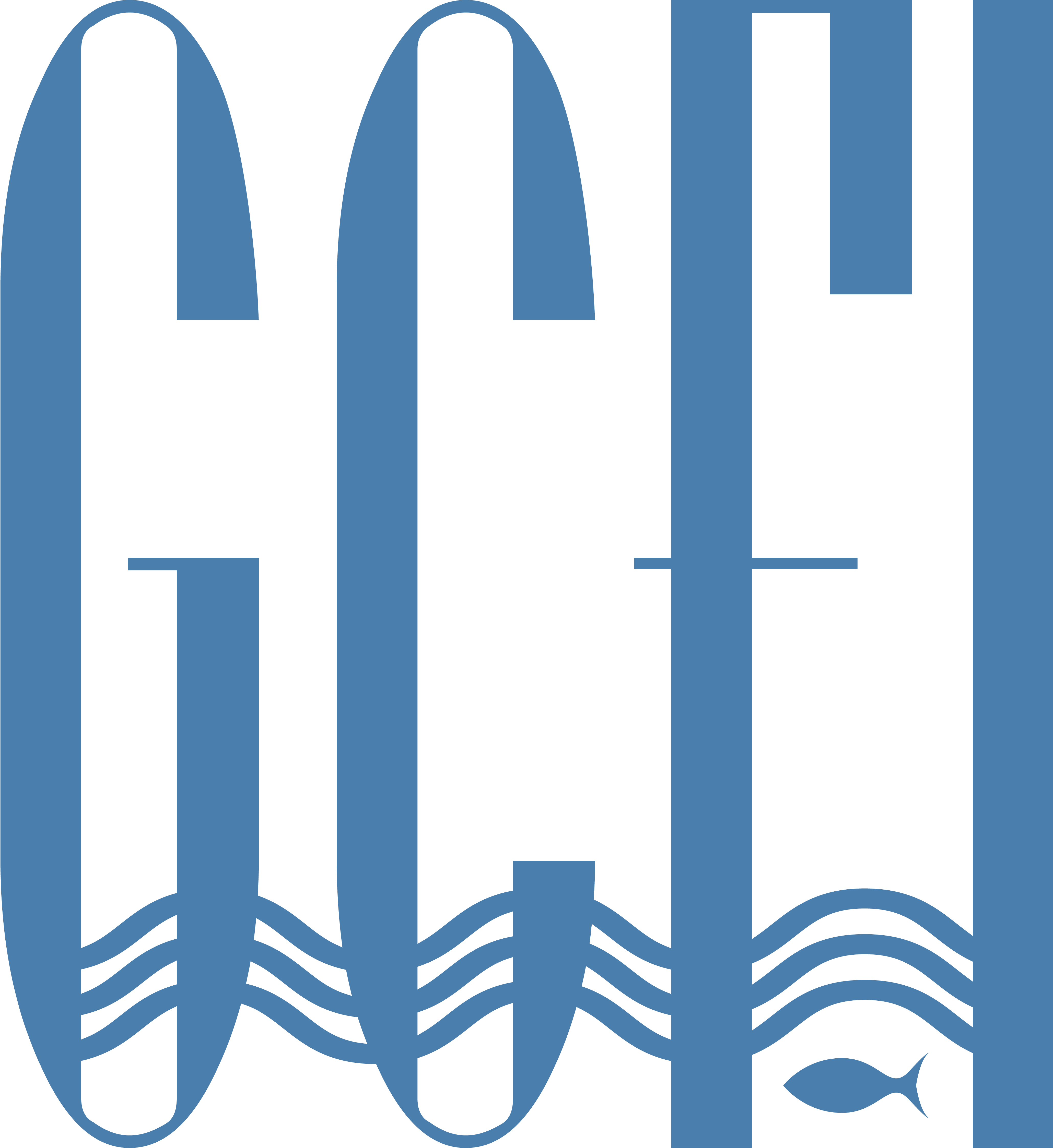Home > GCR > Vol. 34 > Iss. 1 (2023)
Alternate Title
Permit (Trachinotus falcatus) Fishing Quality and Conservation Threats in the Florida Keys: A Recreational Angler and Fishing Guide Survey
Document Type
Article
Abstract
Permit (Trachinotus falcatus) support recreational fisheries in South Florida, and there is limited monitoring to assess population trends. To address this knowledge deficiency, we conducted a survey of Permit anglers and fishing guides to collect local ecological knowledge (LEK) on fisheries trends, focused mainly on the Florida Keys. Respondents indicated a significant decline in Permit fishing quality starting in 1995 and through 2019, with greater declines in the Upper Florida Keys and Biscayne Bay. Further, declines in Permit fishing quality were more pronounced on flats habitats compared to nearshore reefs and shipwrecks. Reduction in Permit body size, an indicator of fisheries overexploitation, was not reported. Specifically, there were no significant reported differences in Permit size across time and regions. Respondents indicated the greatest potential drivers of changes in fishing quality were water quality, boat traffic, and habitat quality. As a species that aggregates on reefs and shipwrecks to spawn but also relies on nearshore flats for foraging, Permit are potentially vulnerable to a wide range of stressors that need to be included in intervention and local fisheries management plans. Given the inherent challenges with implementing biological surveys for Permit, LEK derived from the recreational fishing sector represents an important source of knowledge, notwithstanding the biases that are associated with such approaches.
First Page
1
Last Page
12
DOI Link
supplemental file
Piczak et al Supplemental Table S1.pdf (107 kB)
Supplemental Table S1
Recommended Citation
Piczak, M., S. Cooke, A. Adams, L. Griffin, A. Danylchuk and J. Brownscombe.
2023.
Permit (Trachinotus falcatus) Fishing Quality and Conservation Threats in the Florida Keys: A Recreational Angler and Fishing Guide Survey.
Gulf and Caribbean Research
34
(1):
1-12.
Retrieved from https://aquila.usm.edu/gcr/vol34/iss1/3
DOI: https://doi.org/10.18785/gcr.3401.03





